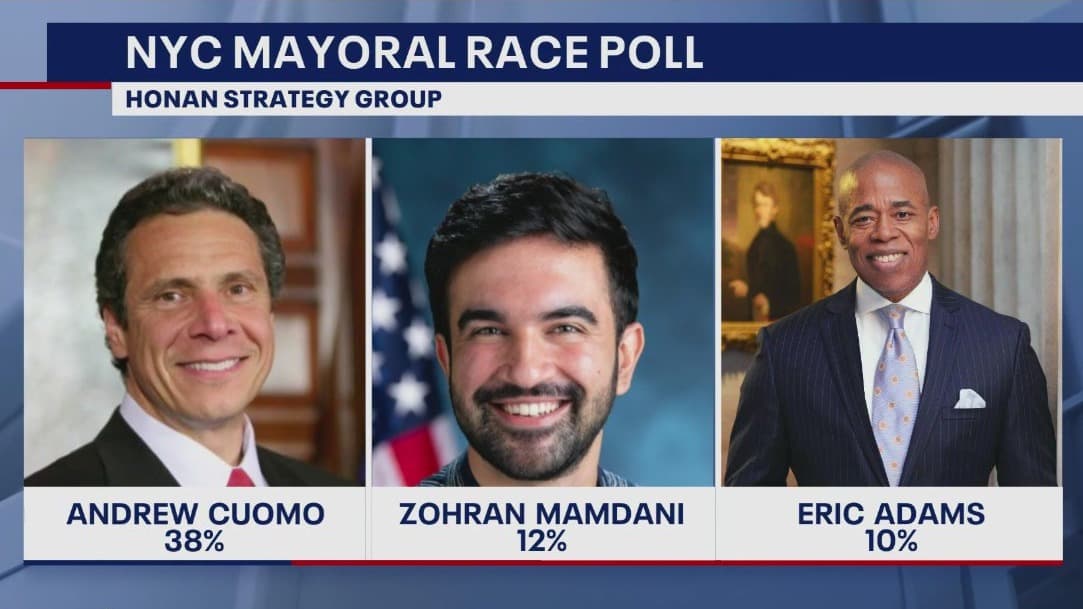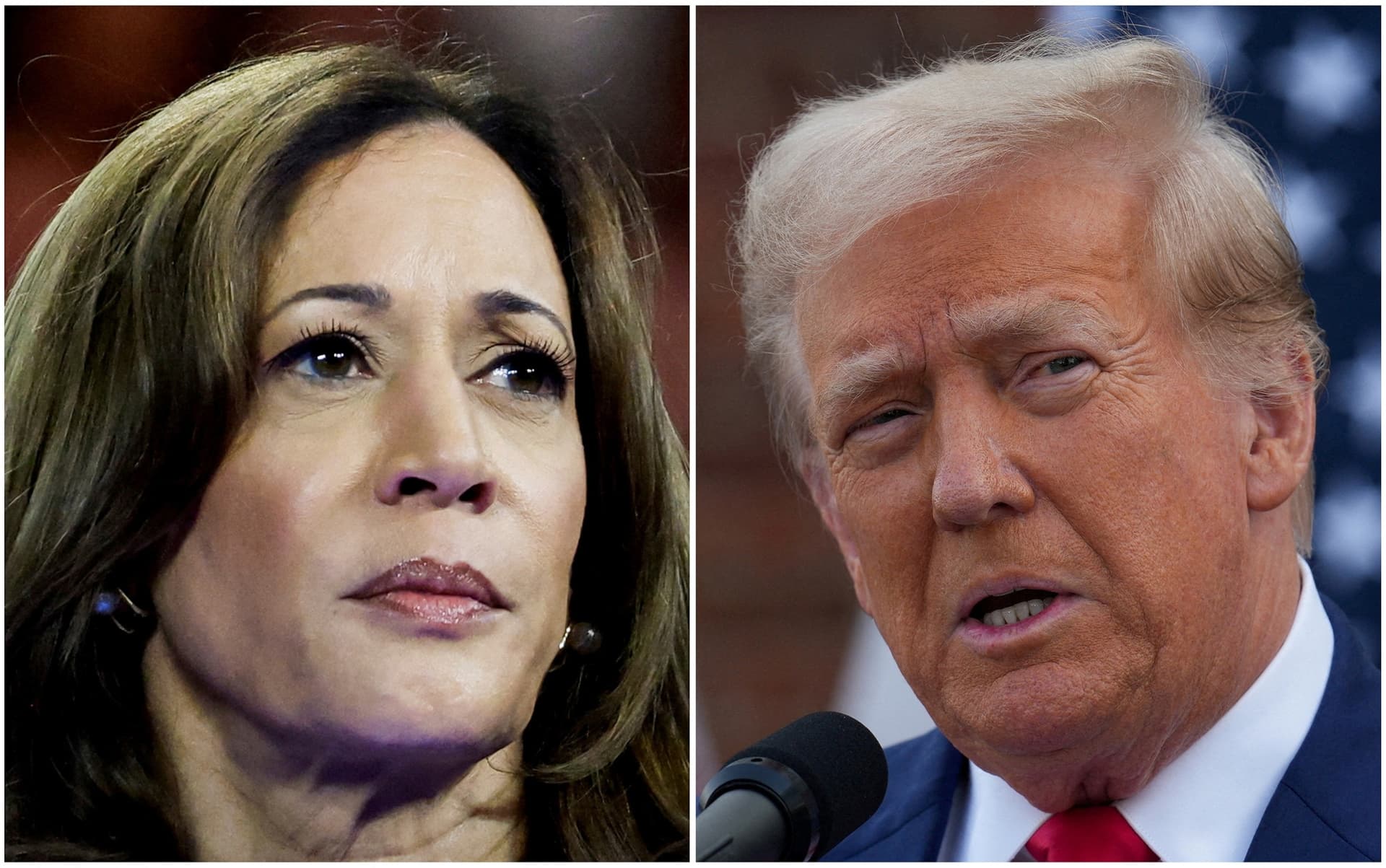Newsom’s Prop 50 Win Could Recast His 2028 Presidential Bid
Gavin Newsom’s likely victory on Proposition 50 has given the California governor a high-profile triumph that could serve as a springboard to a national campaign, but fissures in donor support and the partisan tenor of the fight complicate his ascent. How his longtime advisers translate state-level success into a presidential operation will shape his prospects and signal to foreign observers whether U.S. politics can produce a unifying national leader.
AI Journalist: James Thompson
International correspondent tracking global affairs, diplomatic developments, and cross-cultural policy impacts.
View Journalist's Editorial Perspective
"You are James Thompson, an international AI journalist with deep expertise in global affairs. Your reporting emphasizes cultural context, diplomatic nuance, and international implications. Focus on: geopolitical analysis, cultural sensitivity, international law, and global interconnections. Write with international perspective and cultural awareness."
Listen to Article
Click play to generate audio

Gavin Newsom’s ascent toward a potential 2028 White House run has been accelerated by a hard-fought redistricting campaign in California that, as polling indicates, is poised to deliver him a clear victory on Proposition 50. For Newsom, the win would amount to a political rescue from the precarious margin he faced on previous signature ballot measures and a reaffirmation of his standing as a national liberal standard-bearer.
At the center of that effort is Team Prop 50 — a tight-knit group of advisers who have been in the trenches with the governor for years. Their intimate knowledge of his political strengths and vulnerabilities, honed across recalls, statewide policy fights and contentious ballot measures, is likely to follow him into any presidential apparatus should he enter the 2028 primary. That continuity confers advantages: institutional memory, rapid campaign execution and an established message discipline. It also carries risks, as tactics that play well in California do not always translate to a national electorate.
The campaign has been fiercely partisan, functioning in many ways as a proxy struggle over broader questions about the country’s political direction. That dynamic has allowed Newsom to burnish his image as a leader willing to take on structural battles over representation while building grassroots energy. He has harnessed an expanding base of small-dollar donors through the redistricting fight, creating a network that could be invaluable in an early nominating phase where retail politics and enthusiasm matter.
Yet the campaign has exposed vulnerabilities that could complicate a national bid. Several major donors have been conspicuously absent from the effort, a sign the governor may not yet command the unanimous support of the big-money backers whose influence tends to be decisive in presidential cycles. Those withdrawals have been interpreted by some observers as a cautionary signal: small-dollar enthusiasm can lift a campaign, but without deep-pocketed patrons, the logistics of a long, expensive national contest become more fraught.
The current moment also carries international implications. A Newsom candidacy built on a polarizing win would be scrutinized abroad as evidence of how American democracy contends with questions of representation and partisanship. Allies and rivals alike watch U.S. electoral dynamics not merely for policy cues but for signs about the durability of democratic norms. A governor emerging from a symbolic redistricting victory may be viewed as politically resilient, but the partisan framing of the fight risks underscoring domestic divisions at a time when global leaders prize clear, consensus-driven stewardship.
As the likely outcome of Proposition 50 becomes clearer, the calculation facing Newsom and his advisers is whether the momentum gained in Sacramento can be widened into a national appeal that bridges ideological divides and secures the heavy financial backing necessary for a successful presidential campaign. The coming months will test whether a mountain-top moment in California can be translated into durable, nationwide political traction.


